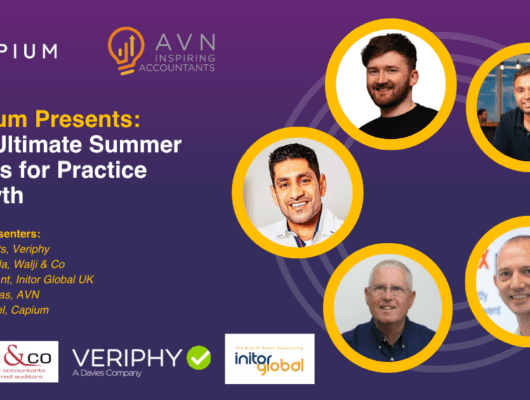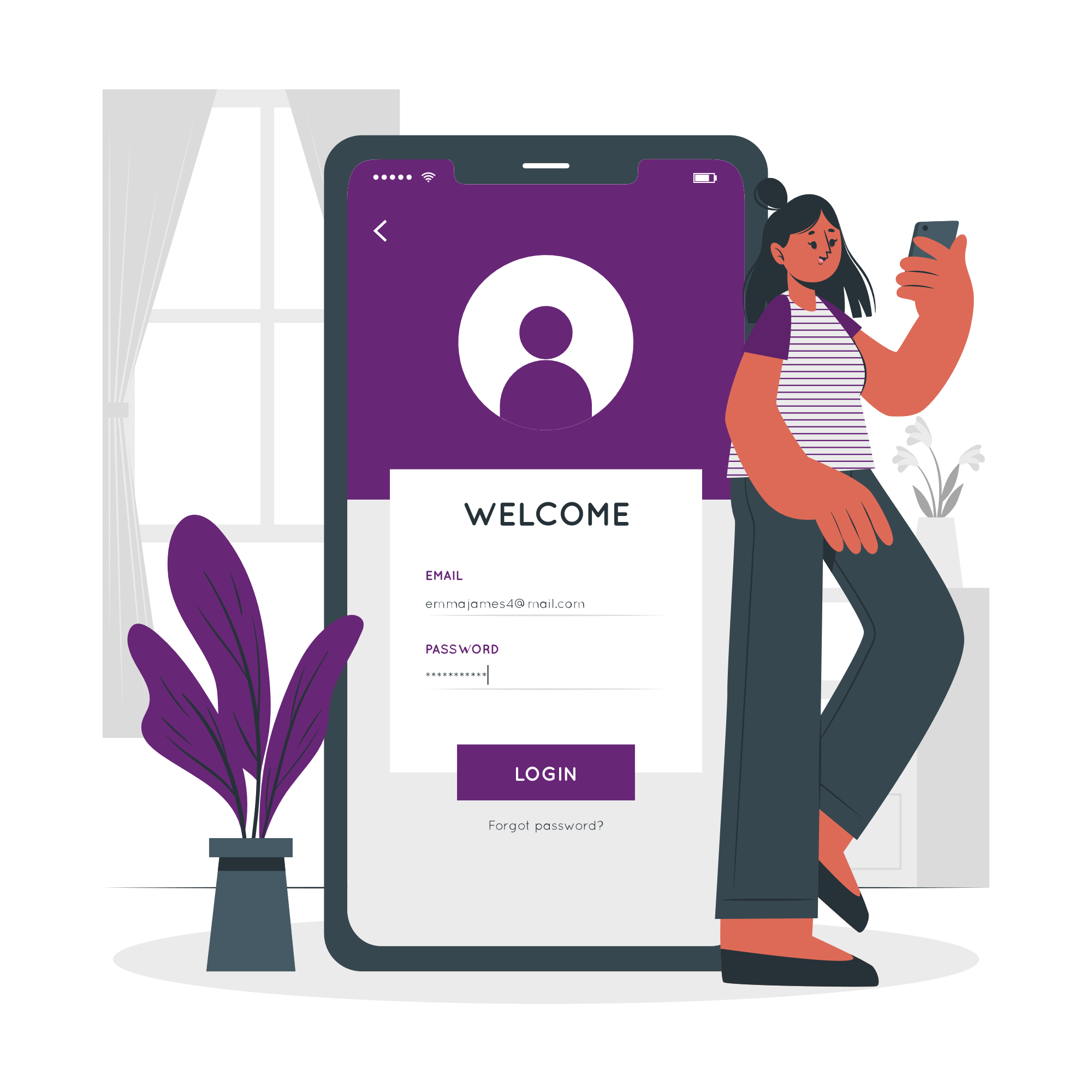The way we think about software, for business use as well as personal, has changed dramatically in the last decade.
No longer do you have to fill up your computer’s storage with large files that require multiple discs to install, or remain bound to your desk if you want to use it.
Instead, you can access almost anything you need in a browser or download it to a mobile device in a matter of seconds.
In the last few years, changes to regulation in the financial sector have led to an explosion of new apps and tools for online banking, budgeting, investment and more. The UK tax system is rapidly going digital, meanwhile, with Making Tax Digital for income tax on the horizon in 2023.
All in all, it means more aspects of your accountancy practice can be managed digitally, and there are a huge range of apps to help you do it.
It’s easy to get swept along in the excitement of it all, trying out different tools and curating your app stack. But is this really the most efficient way to use software in your firm?
The reality that we’ve heard from a lot of the accountants we work with is that having multiple subscriptions can get frustrating very quickly.
What might have started as a time and cost-saving tech solution can easily spiral into a long list of tools that are increasingly difficult to manage. On top of your cloud accounting software, you need systems for customer relationship management, payroll, billing, document sharing, storage… the list goes on.
The more software you have, the more time your team has to spend learning and familiarising themselves with it, and the more potential there is for confusion and mistakes.
And while it is possible to integrate your different tools, it’s another job to set that up and check data is being transferred correctly and no data entry is being duplicated.
That’s not to mention the cost. Paying £10 or £20 a month for a piece of software doesn’t sound unmanageable, but those subscriptions can quickly add up. Plus, you have to keep track of upcoming renewals, price increases and plan limits.
To stay profitable, accountancy firms need to find that balance between perfection and efficiency – having all the software they need to provide a great service and run smoothly, without losing focus or overcomplicating things.
Our advice? Using a solid, all-in-one cloud suite such as Capium that can act as the core of your firm’s digital systems, then building it out with carefully chosen integrations.
Think about the features you’ll actually benefit from, and the tools that will save you and your team the most time. If you and your clients are not going to benefit from a specialist payroll system, for example, there’s really no reason you should be paying for it. But if you do offer that service, having a tool for it that connects seamlessly with your clients’ data across the whole of your practice can be a huge time-saver.
Setting your software up this way means you can create a system that really is tailored to your needs, without any superfluous extras. It keeps things manageable, so you can focus on the value you provide to your clients.
Capium is purpose-built for accountants, putting the tools you need in one place for as little as 69p per client per month.
Interested to find out more? Book a free demo and speak to our product specialist today.







